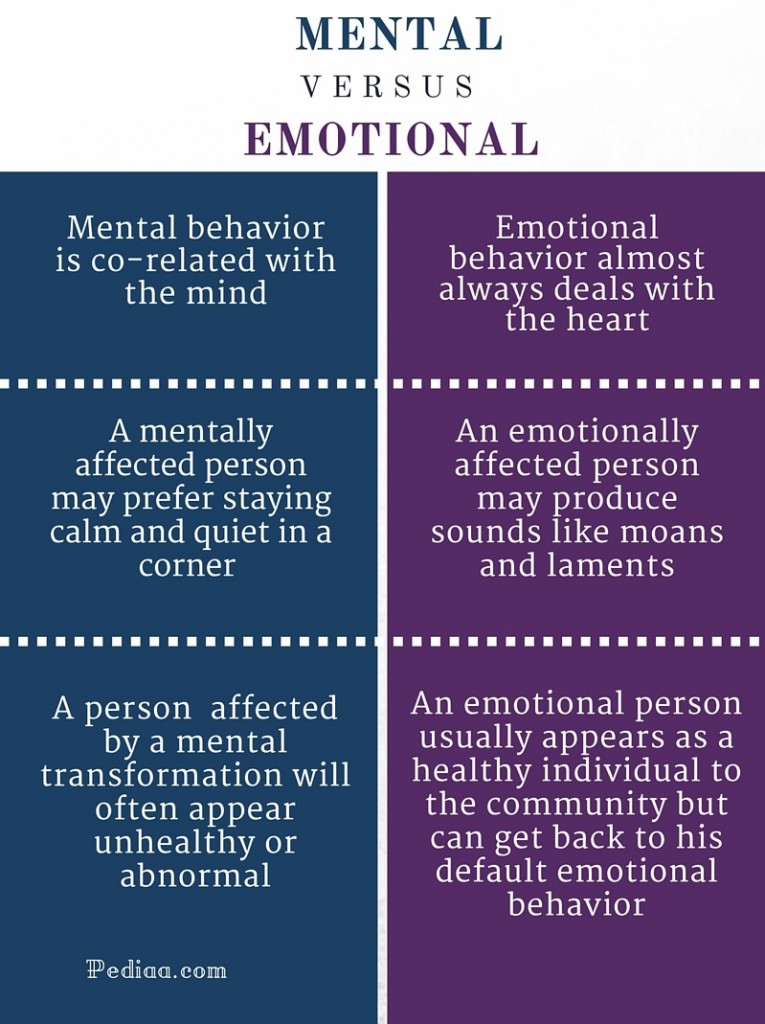


Activities such as monitoring blood glucose, injecting insulin, taking oral medications, regular physical activity, and healthy eating all require a comprehensive understanding of diabetes, as well as healthy coping, and skills in problem-solving and risk reduction. Diabetes is more than a physical health condition, it has behavioural, psychological, and social impacts, and demands high levels of self-efficacy, resilience, perceived control, and empowerment. Thus, it is unsurprising that living with diabetes negatively impacts upon the emotional well-being and quality of life of many people living with the condition.Įmotional and mental health problems (collectively referred to as psychological problems from here on), such as diabetes distress and depression, are common among adults with diabetes and are associated with sub-optimal self-management, diabetes-related complications, reduced quality of life, and increased health care costs. As noted by Jones and colleagues: ‘maintaining or achieving good psychological well-being and quality of life is an important outcome of diabetes care in its own right.’ This sentiment is shared by people with diabetes and health professionals, who recognise emotional health to be an important component of standard diabetes care. Chapter 9 – Referring to a mental health professionalĭiabetes self-management is demanding and complex.Chapter 5 – Psychological barriers to insulin use.Chapter 4 – Fear of hypoglycaemia (and other diabetes-specific fears).Chapter 1 – Communication and engagement.

7As model - what is it and how does it work?.You can find all the author acknowledgements, references, appendices, questionnaires and more in the full PDF guide.įor more information on language and diabetes, download the NHS England guide, Language Matters (PDF, 315KB) or at ‘ Language Matters Diabetes’, which showcases the worldwide Language Matters documents. The UK edition (2019) of these guidelines were produced by Diabetes UK under a royalty-free, UK only, non-exclusive sub-license from Diabetes Australia.ĭownload the Diabetes and emotional health guide (PDF, 3MB) This guide was originally developed by the Australian Centre for Behavioural Research in Diabetes (ACBRD), the National Diabetes Services Scheme (NDSS) and Diabetes Australia in 2016, which is available to download from the NDSS website. This guide is for healthcare professionals working with people with Type 1 and Type 2 diabetes who are experiencing emotional difficulties. It offers strategies and tools for how to recognise and have conversations about emotional problems, as well as for providing appropriate support.


 0 kommentar(er)
0 kommentar(er)
